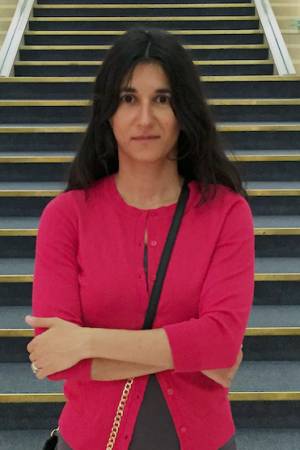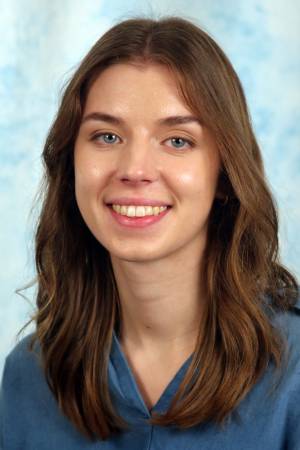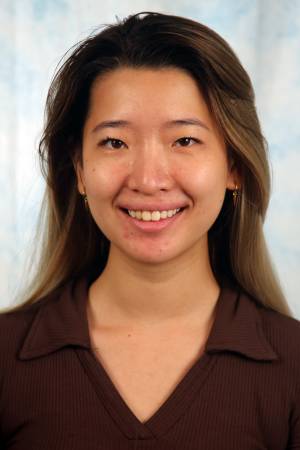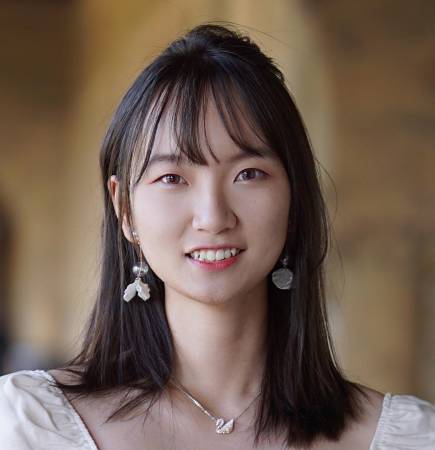Teruko Yata Memorial Lecture in Robotics
Title: Learning World Simulators from Data Abstract: Modern foundational models have achieved superhuman performance in many logic and mathematical reasoning tasks by learning to think step by step. However, their ability to understand videos, and, consequently, control embodied agents, lags behind. They often make mistakes in recognizing simple activities, and often hallucinate when generating videos. This [...]
Investigating Compositional Reasoning in Time Series Foundation Models
Abstract: Large pre-trained time series foundation models (TSFMs) have demonstrated promising zero-shot performance across a wide range of domains. However, a question remains: Do TSFMs succeed solely by memorizing training patterns, or do they possess the ability to reason? While reasoning is a topic of great interest in the study of Large Language Models (LLMs), [...]
Learning from Animal and Human Videos
Abstract: Animals and humans can learn from the billions of years of life on Earth and the evoluNon that has shaped it. If robots can borrow from that wealth of experience, they too could be enabled to learn from the experience, instead of learning through brute force trial-and-error. Learning from internet-scale videos, such as the [...]
Learning Efficient 3D Generation
Abstract: Recent advances in 3D generation have enabled the synthesis of multi-view images using large-scale pre-trained 2D diffusion models. However, these methods typically require dozens of forward passes, resulting in significant computational overhead. In this talk, we introduce Turbo3D, an ultra-fast text-to-3D system that generates high-quality Gaussian Splatting assets in under one second. Turbo3D features a [...]
2025 National Robotics Week Robotics Institute Open House
12:00 - 4:00 pm: PUBLIC SPACE ROBOTS Open to the public TANK the roboceptionist Newell-Simon Hall 3rd floor entry area Meet Marion (Tank) LeFleur, Newell-Simon’s Roboceptionist. He’ll be glad to see you! The goal of the project is to produce a robot helpmate that is useful, exhibits social competence, and remains compelling to interact with for [...]
Reconstructing Tree Skeletons in Agricultural Robotics: A Comparative Study of Single-View and Volumetric Methods
Abstract: This thesis investigates the problem of reconstructing tree skeletons for agricultural robotics, comparing single-view image-based (Image to 3D) and volumetric (3D to 3D) methods. Accurate 3D modeling is essential for robotic tasks like pruning and harvesting, where understanding the underlying branch structure is critical. Using a custom-generated dataset of synthetic trees, we train encoder-decoder [...]
Acoustic Neural 3D Reconstruction Under Pose Drift
Abstract: We consider the problem of optimizing neural implicit surfaces for 3D reconstruction using acoustic images collected with drifting sensor poses. The accuracy of current state-of-the-art 3D acoustic modeling algorithms is highly dependent on accurate pose estimation; small errors in sensor pose can lead to severe reconstruction artifacts. In this paper, we propose an algorithm [...]
Open-World Policy Steering for Robot Manipulation
Abstract: Generative robot policies have shown remarkable potential in learning complex, multimodal behaviors from demonstrations. However, at runtime, they still exhibit diverse failures ranging from task incompletion (e.g., toppling or dropping objects) to misaligned behaviors (e.g., placing the gripper inside of a cup of water). Instead of constantly re-training the policies with new data, we [...]
Faculty Candidate Talk: Karl Pertsch
Talk Title: Unlocking Scalable Robot Learning in the Real World Abstract: Many domains of machine learning, from language modeling to computer vision, have recently undergone a shift towards generalist models, whose broad generalization abilities are fueled by large and diverse real-world training datasets and high-capacity model architectures. In robotics, however, it has been challenging to [...]
Deep 3D Geometric Reasoning for Robot Manipulation
Abstract: To solve general manipulation tasks in real-world environments, robots must be able to perceive and condition their manipulation policies on the 3D world. These agents will need to understand various common-sense spatial/geometric concepts about manipulation tasks: that local geometry can suggest potential manipulation strategies; that changes in observation viewpoint shouldn't affect the interpretation of [...]







